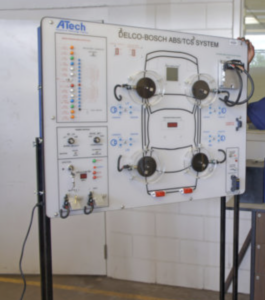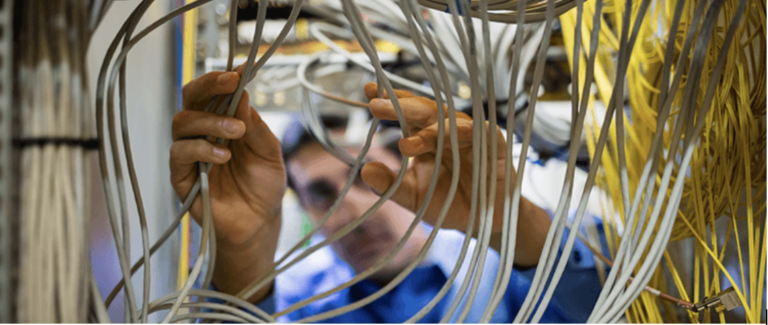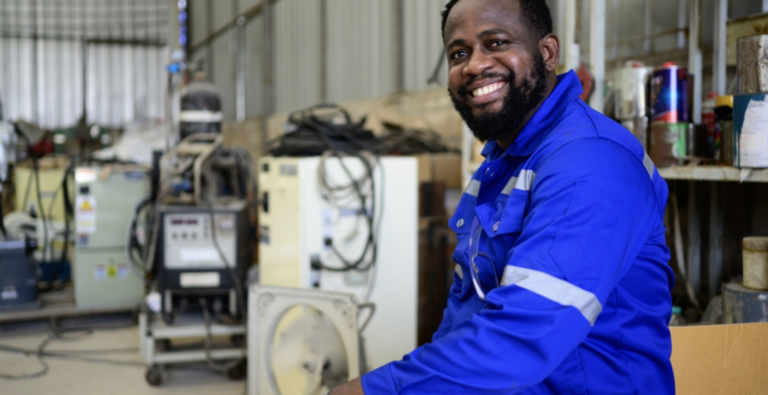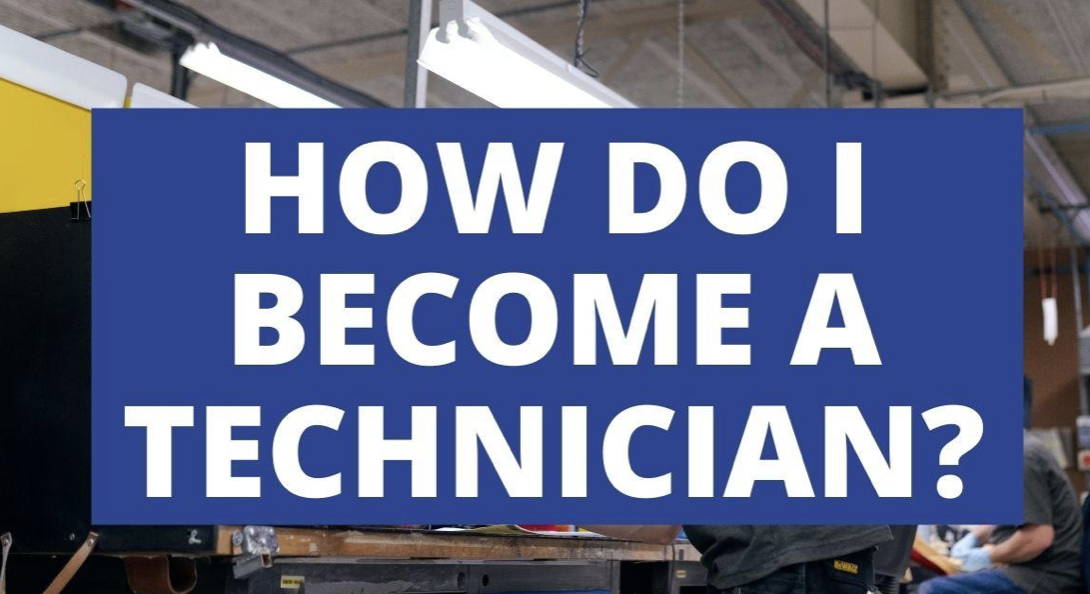Each of us has used the services of a technician. It is a term used to describe a repairman. Technicians are specialists tasked with maintaining or repairing various household appliances.
When we order the services of a professional, we leave the damaged refrigerator, stove, or washing machine in his hands. The technicians repair different household appliances and must have the necessary certificate to carry out such activity.
Technicians analyze problems occurring in individual appliances, conduct tests, and then, when possible, repair the appliance in question. Some refer to them as gadget doctors.
What do technicians do?
These are skilled workers who specialize in a specific area of technology or industry. They are responsible for the installation, repair, and maintenance of various types of systems in multiple businesses, including healthcare, automotive, telecommunications, and manufacturing.
Technicians often work with complex machines and use specialized tools to diagnose and fix problems. Certified professionals must have a good understanding of the various systems and be able to troubleshoot issues quickly and efficiently.

The responsibilities of a technician are varied and hands-on. They act as technology integrators, bridging the gap between skilled trades and engineering fundamentals.
Specialists can perform tasks such as approving medical information, conducting routine maintenance, troubleshooting equipment, or developing custom applications.
Technicians usually work regularly, except specialists who handle infrastructure systems or vital equipment. Such are professionals maintaining mainframe computers or repairing hospital equipment.
Some specialize in repairing TVs and VCRs, personal computers and fiscal devices, or maintaining audio equipment. Others deal almost entirely with repairs and maintenance of refrigerators, air conditioners, or other household appliances.
You may know that some household appliances are subject to seasonal care. Such is the case with air conditioners. For this reason, specialists learn to maintain heating appliances as well.
Self-employed technicians have no bosses and set their work schedules. But that doesn’t mean it makes it easy for them. Most technicians say that when a few days pass and no one comes into the workshop, then there is a problem.
Self-employed professionals avoid performing repairs off-site or schedule them after hours. Thus, potential customers can be sure that the repair shop will always be open when they want a repair.
However, the satisfaction of this occupation is great. Technicians operate with their hands, using what they have learned and their experience to solve problems with the electrical system and appliances. Specialists rarely take their work with them outside the workshop.

For people with proven technical skills who desire better customer service, their occupation brings more positives, and it also affects the growth of the business.
What are the pros and cons of being a technician:
high demand for such specialists in the labor market;
good potential for high pay and benefits;
opportunity for career development through training and experience;
flexibility in work schedule and travel options;
greater job security in a fast-growing industry;
What are the requirements for obtaining a technician qualification?
To become a specialist, you need a high school diploma, a certificate for the activity performed, or a relevant associate degree. It all depends on the technical field you are aiming for.
According to one of the professors at Governors State University, our daily routine and life depend on technology. Almost every person will need it in the future.
As our cars, houses, and lives connect in one system, consumers demand that everything works as it should. That highlights the growing need for technicians in various industries.
Professionals handling various types of medical and life-saving equipment are most in demand. These include emergency responders, EPA Amusement Operators, pharmacists, phlebotomy technicians, and CompTIA A+ certified.

Professionals are also increasingly in demand for equipment maintenance for business, the automotive industry, electrical engineering, general research, and criminal law. Technicians do not need a college degree to practice their profession.
Instead, most attend a specialized or vocational school that offers general education and provides a variety of specializations. Standard coursework includes circuit analysis, electrical testing, wiring and capacitance, and audio/video equipment repair.
Several states have licensing exams for technicians responsible for repairing household appliances used daily. Such specialists repair and maintain microwave ovens, medical equipment, and repair of heating systems.
If you wish to obtain a certificate to carry out such activity, check with your local authorities and find in which area of maintenance you want to practice.
Professionals who intend to work for a large company may need to relocate to complete an initial training program. It lasts for 1-2 months.
Training and internship
Specialists spend an average of 6-12 months in on-the-job training after leaving the educational institution. During the training, new technicians learn the skills and techniques necessary for their job according to the employer’s requirements.
Obtain additional certificates

The acquired new professional skills can show the company you have the required knowledge for the position. Additional certifications can also make you a more competitive candidate.
Even if employers don’t require a specific document to perform technical work, having one can help you stand out in the job market.
The most common certifications are for Emergency Medical Services (EMT) and Recreational Operator Safety Certification (EPA).
Present and future
The need for technicians grew with the popularization of electronic products in the 1950s and 1960s. Almost everything you can imagine – toasters, blenders, microwave ovens, and washing machines – is used by American and European consumers.
In the rush to offer more appliances, many companies failed to test their products properly or did not fully educate users on their effective care. For this purpose, you need specialists to perform preventive maintenance on various household appliances.
In our modern times, the demand for technicians has grown tremendously. The future looks bright for such specialists.
Every year, the market sets new records for the number of high-tech gadgets released. They include many innovative products like video consoles and research equipment.
The other prerequisite for the increased demand for technicians is that many professionals retire soon. That also leads to a hunger for personnel specializing in the maintenance of electronic appliances.
What it takes to become a technician:
Certificate from a specialized school |
Accumulated experience in a company or company |
Experience with the maintenance of electrical systems and equipment |
